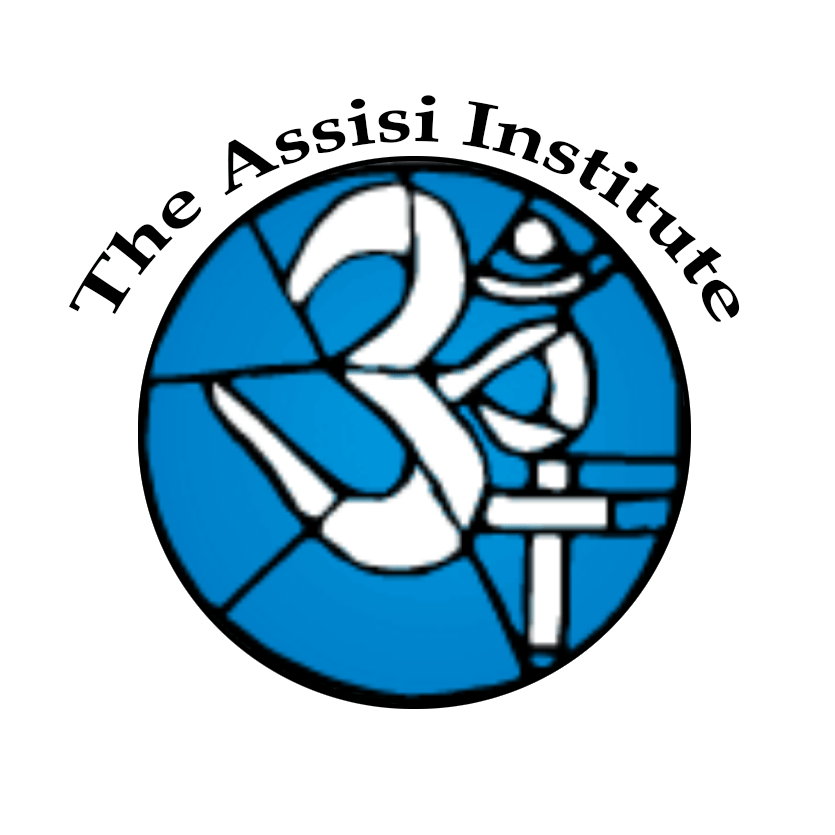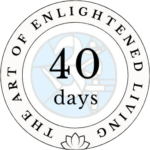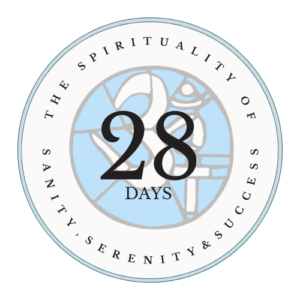Spiritual masters often seem to contradict themselves, saying one thing one day and the opposite the next day. Jesus is no different. In one instance he encourages us to be peacemakers by telling us that we are blessed, but then he tells us that he has come to bring division. What are we to make of these divergent statements? As a starting point, Jesus’ world was not at peace, just as our world is not at peace. The lack of peace in any society is not a coincidence but a manifestation of moral and social disorder. Authentic peace is more than just getting along, niceness, or the absence of overt violence. Peace is always the fruit of truth and justice. Therefore, if our individual and collective lives are at war with reality, the moral order, and the God-given dignity of each and every person, there is no possibility of peace. Chaos will necessarily ensue.
Jesus encountered a world oppressed by Roman occupiers and corrupt leaders. He also experienced a world divided by religious sectarianism and haunted by the devaluation of individuals existing at the margins of society. Truth motivated by love is the only antidote to a world at war. But the truth that Jesus proclaimed is seldom received with an open mind and an open heart. Most often it is met with hostility because it challenges corrupt systems of power. Before truth’s influence can establish peace, it must deconstruct the status quo, and such a process is never comfortable. In his “Letter from Birmingham Jail” Dr. Martin Luther King perfectly captures this principle:
“Wherever the early Christians entered a town the power structure got disturbed and immediately sought to convict them for being ‘disturbers of the peace’ and ‘outside agitators.’ But they went on with the conviction that they were a ‘colony of heaven’ and had to obey God rather than man. They were small in number but big in commitment. They were too God-intoxicated to be astronomically intimidated. They brought an end to such ancient evils as infanticide and gladiatorial contest. Things are different now. The contemporary Church is so often a weak, ineffectual voice with an uncertain sound. It is so often the archsupporter of the status quo. Far from being disturbed by the presence of the Church, the power structure of the average community is consoled by the Church’s silent and often vocal sanction of things as they are.”
Taking our cues from Dr. King, we must become “God-intoxicated” if we are going to establish peace in our hearts, homes, and country. We pray, meditate, and worship so as to become God-intoxicated. From that divine consciousness, we live the words of Yogananda, “Softer than the flower, where kindness is concerned; stronger than the thunder, where principles are at stake.” Of course, both our actions and our words must be motivated by love. Truth without love is not truth, but something rigid, damning, and divisive. We do not speak truth to cancel people, but to invite our so-called enemies into the beloved community. In a world permeated by peace, there are no insiders or outsiders, just brothers and sisters. Contemplate the following words of Yogananda:
“I remember when my Master [Swami Sri Yukteswar] asked me, ‘Do you love everybody equally?’ I said, ‘Yes.’ But he said, ‘Not yet, not yet.’ Then my youngest brother came to study in my school at Ranchi, and I had that consciousness that he was mine. I realized then why my Master had said, ‘Not yet.’ Gradually that consciousness wore off, and I realized that my brother was but a part of all humanity which I loved….One day, again, Master asked me, ‘Do you love the whole world?’ I just said, ‘I love.’ And he smiled and said, ‘Your work is finished.'”





